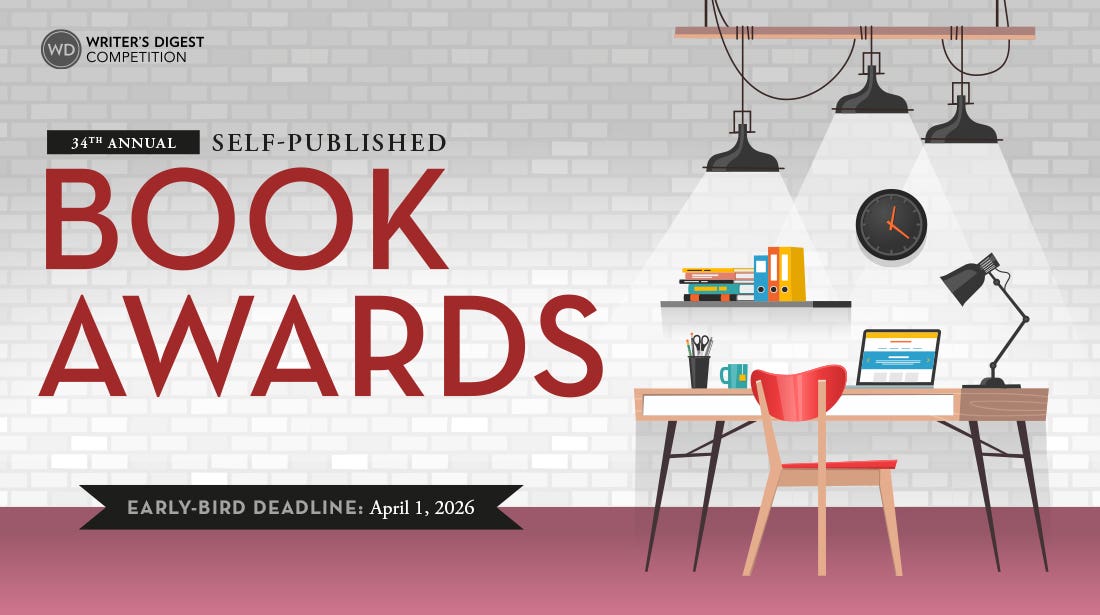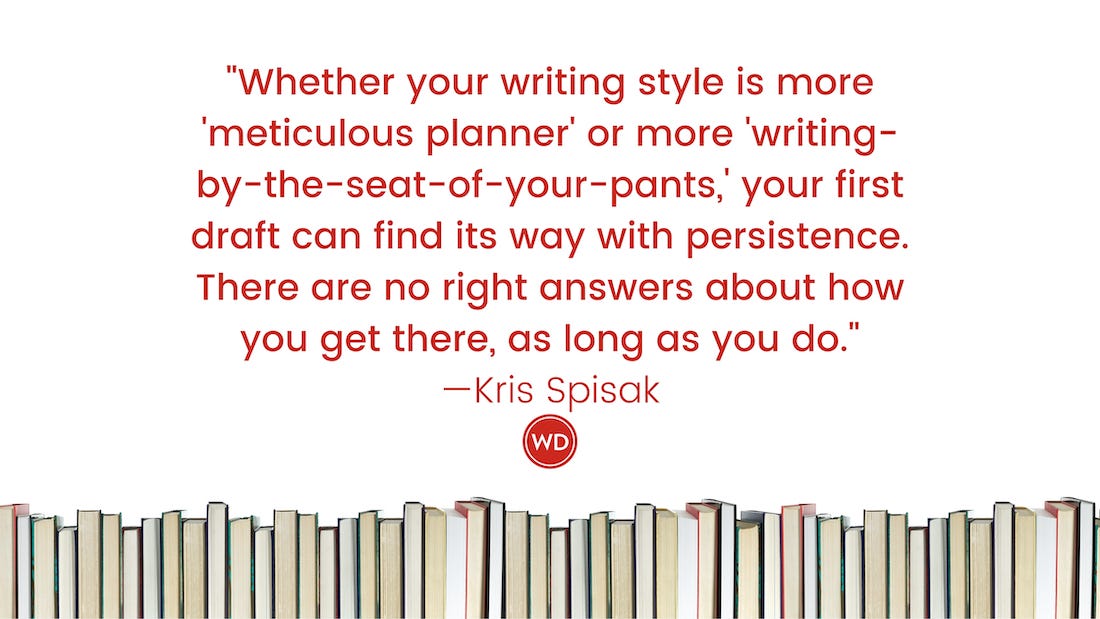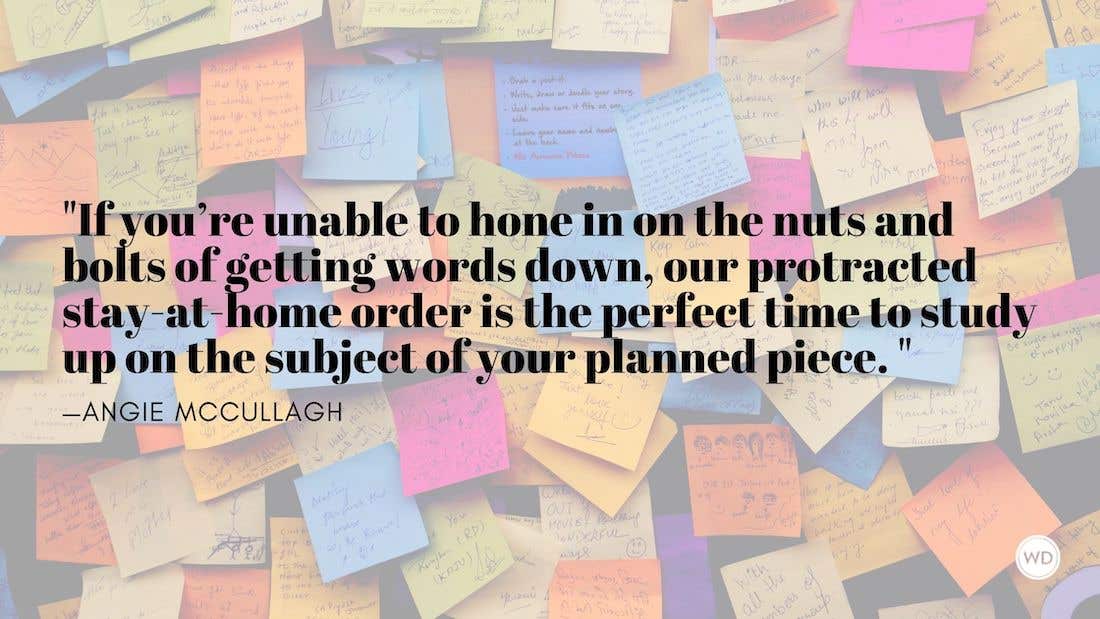10 Tips for Effective Networking at a Writer’s Conference
Nervous about connecting with other writers and publishing professionals at your next writer’s conference? John Peragine has 10 tips on how to network effectively and get the most out of your experience.
Nervous about connecting with other writers and publishing professionals at your next writer's conference? John Peragine has 10 tips on how to network effectively and get the most out of your experience.
I encourage both novice writers and veteran ones to attend writer’s conferences. I have learned so much, connected to some great people, and connected to literary agents and publishers by attending. For many writers, the experience can be both exciting and overwhelming. They find themselves surrounded by so many people who love reading, and most importantly, writing. It can make you feel small and insignificant, but read on and I will reveal a secret.
Writers are not always good with large crowds or stepping out to introduce themselves. Our work is a solitary one, with just you and the page. And of course, the occasional furry friend as a companion. It is my belief the we need to connect with other writers to provide a network of support, friendship, context to our work, and mutual understanding. Who knows better what a writer goes through daily than another writer?
In May of this year, I presented a session on the 20 rules of effective networking. It was during the lunch break, so I figured that a few people would grab a quick bite to listen. To my surprise and delight, the room was full of people wanting to know how to network better. Below are my top 10 tips of effective networking at writing conferences.
Find your group.
There are all types of writer’s conferences that you can attend year-round. Some are general, while others focus on a genre such as romance or sci-fi. Find your group and take a chance. They are just like you!
Step out of your comfort zone and be the best version of yourself.
It is tough being a social butterfly if that is not your nature. Sometimes you must step out beyond self-imposed boundaries. Here is the little secret I alluded to earlier: Everyone else in the room feels the same as you do. If you step out a little, so will everyone else, because you are making it a safe to do so. You have a story to tell; you are a writer. Just let that story come out in a natural way, and people will be drawn to you and want to know more. Take a risk. It’s worth it.
Invest in relationships and get paid for your business.
This is such an important to understand. It has been the secret sauce in my success as a writer. When I meet someone, I listen to them. I think about ways I can help them. But I never sell to them. I never try to get them to buy a service, or publish my book, or hire me as a writer. I ask instead how I might help them. Often it is matchmaking- connecting authors to other people in the industry that may help them. I invest time in relationships. I get paid for writing. I don’t do referral fees or charge people for mentoring them- I just provide what I can. It always comes back to me as work one way or another, and in the process, I have made another friend for life.
Smile, shake, eye contact.
Engaging with someone for the first time seems like a lost art. Smile, not in a creepy homicidal maniac kind of way, but in a natural way. People’s natural response is to smile back, and it opens up the opportunity to introduce yourself. Maintain good eye contact; just try not to panic people by staring into their soul. Shake their hand firmly but not crushingly. You can use two hands if you wish, but be sure to let go. There is nothing more awkward than a person who is talking to you but won’t let go of your hand.
Have a business card.
This seems obvious in a networking situation, but I have found that many writers don’t see themselves as the entrepreneurs that they are. Your book is your business, even if it is a work-in-progress. You are the marketing department of your own business and therefore you need a card for people to be able to find you after an event. They don’t have to be fancy or expensive, but I do recommend you have one. Try not to use your business card for your day job. You are a writer and an entrepreneur; embrace it.
Listen up and shut up.
Sometimes we are so excited about what we are working on that we tend to babble, or convince someone that a) it will be the next bestseller and b) it will become a movie. Both could be true, but in a networking situation, it is about getting know the other person. You cannot possibly do that if you are dominating the conversation. Be a great listener. People will think you are wise beyond your years. Give others a chance to open up, and eventually they will come around and ask about you. Then you will have their full attention.
Turn off the devices.
I worked as a child protective services social worker for many years before becoming a writer. I was constantly on call. When my pager or phone rang, it meant a child needed my help. Those were true emergencies that could not wait. As a writer, there are fewer true emergencies. If your manuscript is on fire, then call the fire department, but when you are talking to someone DO NOT look at your phone or tablet. There is nothing more disengaging then someone looking at their phone every 10 seconds. The message is that the phone is way more important than talking to them. I often just move on when this happens to me. Spend the time to really engage one on one with someone. That is how relationships are built.
Don’t act desperate.
When approaching people in the industry such as publishers, editors, and agents, don’t act desperate. Don’t follow them around and pester them. Don’t make your move to introduce yourself in the bathroom if you happen to see them there. Just be patient, and when you see they are not busy, approach them politely, say something nice, and then move on. If you are nice and engaging, they will remember you for that.
Follow up.
You will more than likely return home from an event with a stack of cards and numbers. Wait a day or two and send each person a personalized message. If you really connected, follow it up with a phone call. Write down their special dates and send them something in the mail. People love real mail! Be active with them on social media. Promote them and congratulate them publicly for their accomplishments.
Pre-emptive strike: Let everyone know you are coming on social media.
I like to begin sending out messages on social media that I am coming and try to include hashtags and organizations in those messages. I usually wear a hat to conferences and I encourage people to say hello to me when they see me. It gives them permission and a reason to introduce themselves.
One bonus tip is that much of the best networking is done after hours. Find out what is going on and where people are going. Have fun and mingle. These are where many of the deals are done, so take a chance and step out in order to stand out.
Writer's Digest Annual Conference | New York City
John Peragine is a published author of 14 books and has ghostwritten more than 100 others. He is contributor for HuffPost, Reuters, and The Today Show. He covered the John Edwards trial exclusively for Bloomberg News and The New York Times. He has written for Wine Enthusiast, Grapevine Magazine, Realtor.com, WineMaker magazine, and Writer’s Digest. He has been writing professionally since 2007, after working 13 years in social work and as the piccolo player for the Western Piedmont Symphony for over 25 years. Peragine is a member of the American Society of Journalists and Authors. His newest book, The No Frills Guide to Book Marketing, will be released October 2019.







